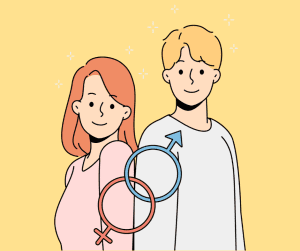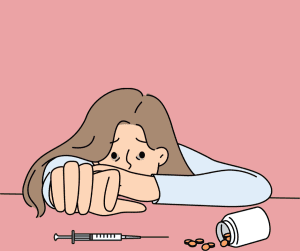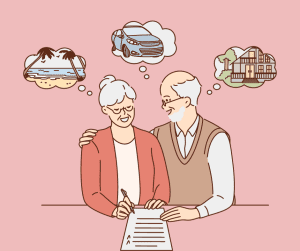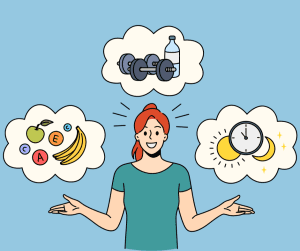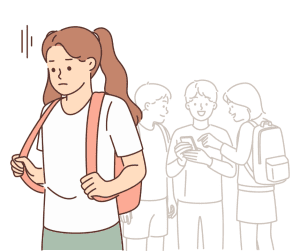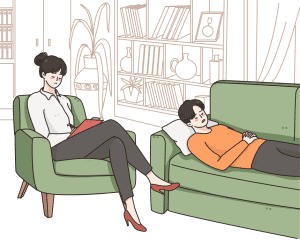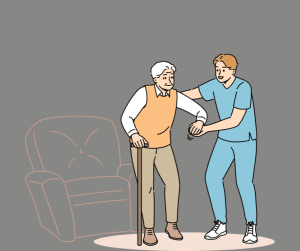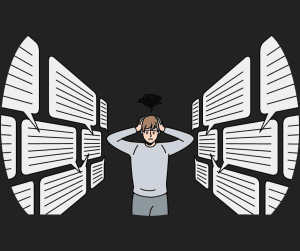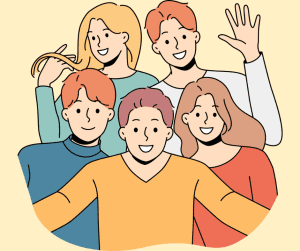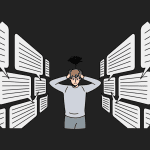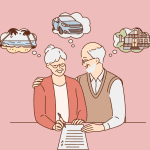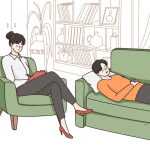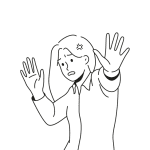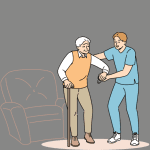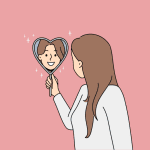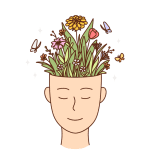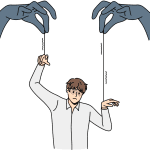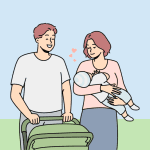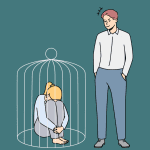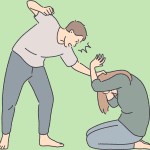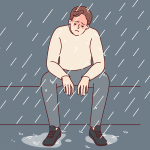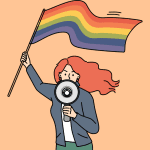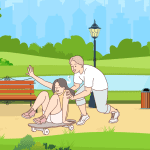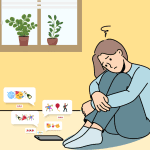Drugs
You may have heard people speak negatively about drugs, and thought to yourself that they were obviously not speaking about the drugs prescribed by doctors. So what were they speaking about? More often than not, negative connotations are associated with recreational drugs.
So let’s talk about recreational drugs.
Recreational drugs are substances that are taken for pleasure rather than for medical purposes. These include marijuana (sometimes known as weed), cocaine, heroin and ecstasy; but there are others.
There are a number of reasons why people try and/or continuously take recreational drugs:
- Their friends are doing it, and they don’t want to feel left out, or uncool.
- They get pressured into trying it.
- They are interested in experimenting, and seeing what happens when they take drugs.
- They may feel more relaxed, or more confident when communicating with others.
- They may feel as though drugs help them to forget their problems.
- They may feel as though drugs make them feel happier.
- They want to be rebellious.
- They enjoy the effects
Taking drugs results in short and long-term risks. These include:
- Infections which can be passed by blood or when sharing needles.
- Addiction – the person becomes dependant on the drug and can’t properly function without it.
- Illegal drugs are not alway pure, so you may not be aware of what it is that you are taking.
- Unwanted sexual intercourse is more likely when under the influence of drugs.
- Increased risk of getting into aggressive altercations.
- Drugs are expensive so the chances of committing a crime and getting in trouble with the law to fund the habit are increased.
- Mental issues – Drugs can alter a person’s behavior negatively, causing them to develop depression or anxiety.
- An overdose leading to illness or death in some cases.
How to avoid taking drugs
As previously mentioned, there are a variety of reasons why people take drugs. However if you wish to avoid taking drugs there are also a number of things you can do:
- Say No – Don’t allow your fear of a negative reaction or rejection from friend / associate prevent you from making decisions you are happy with. If you feel as though you are being pressured into doing something you don’t wish to do, walk away from the situation.
- Stay away from peer pressure – Avoid hanging around with groups of people that are constantly taking drugs. It’s easier to stop yourself from taking drugs if you don’t place yourself in situations where it is an option.
- Listen to those who wish you well – During adolescence it’s common to have feelings of rebellion. These feelings are often acted upon as a way to reinforce independence and control over your life. It should be remembered that there are people who wish you well, and their suggestions are there to keep you safe.
- Educate yourself about drugs – Your ability to make the right decisions is dependant on the amount of facts that you are aware of, and not the misconceptions you’ve heard.
- Get help! If you or someone you know is in trouble with drugs, seek help. Don’t wait until it gets worst. There are people that can help.
Recognising a problem
After using drugs over a long period of time you may realise that you or a person you know may have become dependent or addicted to drugs. ‘Dependent’ is generally used to describe a situation where the body is physically used to substance consumption. As a result, the body experiences withdrawal symptoms when one ceases to consume the substance. This may include not being able to sleep, flu-like symptoms, sensitivity, and many more.
While it is possible to have a physical dependence without being addicted, addiction is usually right around the corner.
On the other hand, ‘addiction’ generally refers to biochemical changes in the brain which occur as a result of substance use. The person feels as though he/she is unable to cope without consuming the drug, and this may cause disregard of own and other’s well-being. If one has become addicted, it would be wise to seek professional help. Help can also be sought from a doctor, counsellor or specialised service.
If you are unsure whether you or a friend are developing a drug problem, here are some signs that can be looked for:
- Mood changes or emotional instability
- Acting withdrawn, depressed or hostile
- Hanging out with a different group of friends.
- Skipping school and/ or receiving worse grades.
- Becoming uninterested in activities you previously enjoyed.
- Changes in your sleeping and eating habits.
- Getting into trouble in school.
- Changes in the relationship you have with family and friends. .
- Having blackouts as a result of drug use.
Signs of drug problems are not limited to the above list. If you feel that developing drug problems are a concern, do seek out the relevant help.
If you wish to find out more information about different drugs you may wish to read here or here or here
I have a problem with recreational drugs, can I get help?
Yes, you can receive help for drug related problems. There are a number of organisations that you can contact.
Oasi – This service offers Outreach and Motivational encounters as a way to prepare a person towards admission into the Residential Phase of the programme. http://www.oasi.org.mt/index.php/services/treatment-and-rehabilitation or call 2155 0189
Caritas- Offers an outreach programme for both those with a substance abuse and their families/ friends. They also offer a rehabilitation service that include residential and non residential phases www.caritasmalta.org/
Sedqa- Offers prevention services within the educational system, work and community aimed to advert the occurrence of addictive behaviours 2388 5110
Narcotics anonymous- This service is for those that have developed big drug problem. It uses group meetings with other addicts as an approach to recovery. http://www.namalta.org/default.html
Will my relatives find out if I seek help?
It is recommended that persons who are close to you are involved in supporting you to reach your goals. When you approach an organisation that can help you with a drug problem, you may wish to talk to them about who you wish to involve and who you do not wish to involve in your support.
Will I get into trouble with the police if I seek help?
You may wish to discuss an organisation’s confidentiality policy prior to committing to join a service that can help you. Such services generally do not report the names of their service users. However, this varies with circumstances. For instance, services are obliged to look out for your own well-being and that of others. To this end, if services feel as though you are a danger to yourself and/or others they are able to contact the police.
Whichever method chosen as a means to start your recovery process, services are there to help you. You shouldn’t feel as though they are against you and want to see you fail.
Seeking help is the first step.
